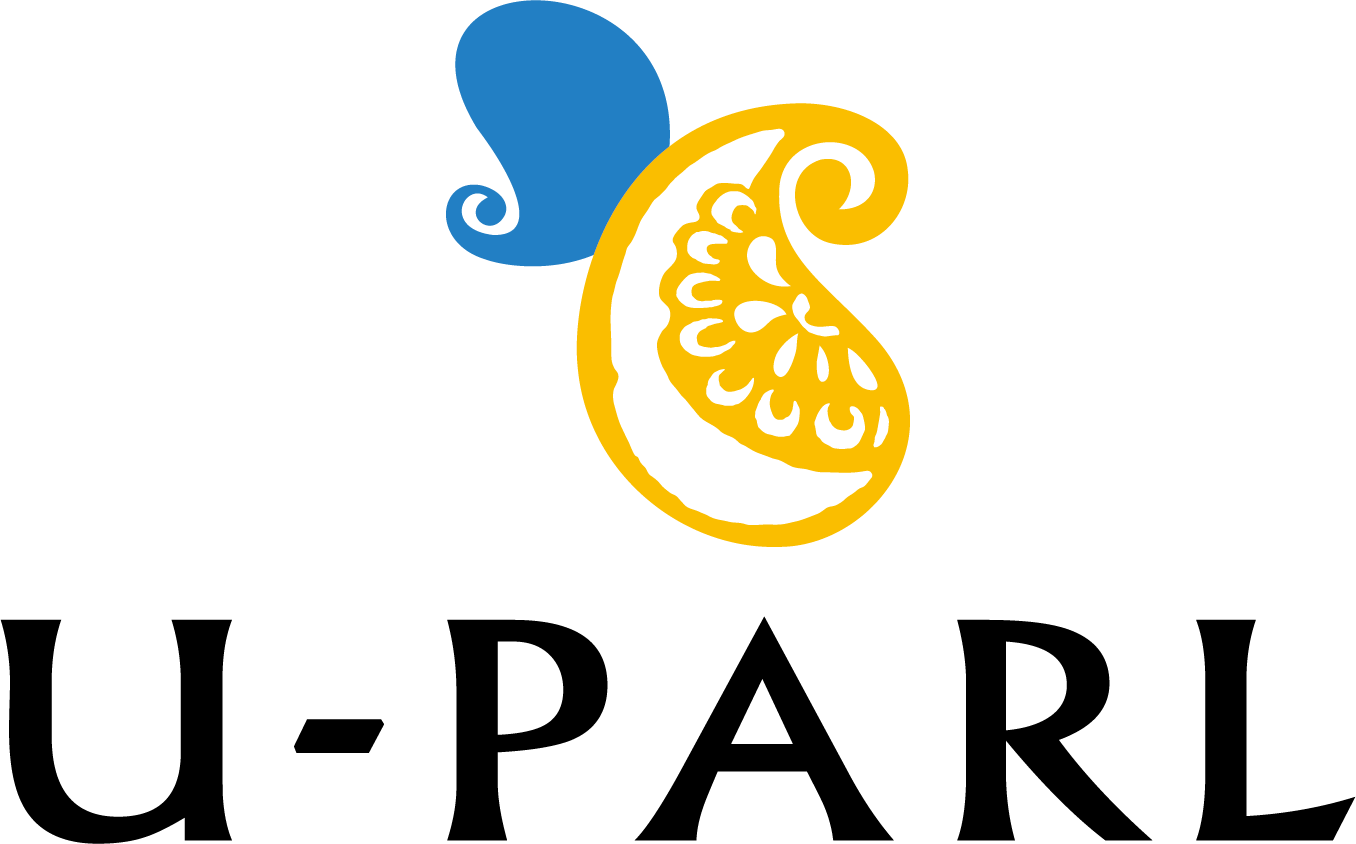
Yuto KITAMURA
Associate Professor, the Graduate School of Education, University of Tokyo
*Associate Professor Yuto KITAMURA is a University of Tokyo researcher specializing in comparative education and theories in international educational development. He has spent many years thinking about education in Asian regions while working for UNESCO and other organizations. He has put an enormous amount of effort into helping bring this collection, “Literacy Education Materials Donated by ACCU,” into the University of Tokyo and has offered valuable insights into the many possibilities for the use of these materials. We are very grateful for his contribution of this commentary. An overview of the literacy education materials donated by ACCU can be seen here.
In June of 2014, “Collection of Literacy Education Materials” from the Asia-Pacific region donated by the Asia-Pacific Cultural Centre for UNESCO (ACCU) were received at the Asian Research Library, University of Tokyo Library System. An overview of these literacy materials can be seen at the U-PARL website (http://u-parl.lib.u-tokyo.ac.jp/wp/english/accu). In this short commentary I would like to introduce the background of the materials.
The ACCU is originally based on the ideals of the United Nations Educational, Scientific and Cultural Organization (UNESCO) and was established as an incorporated foundation in 1971 through Japanese governmental and private cooperation with the aim of contributing to the promotion of the cultures of the various Asia-Pacific nations and encouraging mutual understanding. The ACCU works closely with UNESCO on a wide range of projects in the Asia-Pacific region, encompassing the fields of educational cooperation, human interaction and exchange, and cultural cooperation. Projects on educational cooperation, which are the most important area for UNESCO, are also the central focus of ACCU’s activities. Of the ACCU projects for educational cooperation, their leading-edge and revolutionary role in literacy education, especially, is widely recognized by people working in education in the Asia-Pacific region.
Literacy education, which mainly targets adults (15 years and older) who are unable to read or write, is said to be the most difficult area of educational cooperation efforts in developing countries. Behind this is the low level of priority given to adult literacy compared with school education, meaning that the number of people these efforts target is extremely large. Despite this, financial support from governments and aid organizations is limited and it is difficult to raise the quality of education. Again, even if someone learns basic reading and writing this does not translate easily to an improvement in their employment or income situation so it is difficult to keep motivation levels high among those receiving literacy education. This is a significant issue that causes many people to drop out of programs partway through.
Against these difficulties, ACCU has proactively engaged in literacy education over many years and has produced many important accomplishments. ACCU literacy education projects also receive high praise from UNESCO, and the reason for this is ACCU’s constant involvement with local people and literacy education. ACCU, which started its literacy education initiatives in various areas throughout Asia in the 1970s, has carefully investigated the sort of literacy education each society requires. The accumulation of such efforts can also be seen in the materials that were donated to the Asian Research Library this time.
The donated materials on literacy education, covering 25 countries and 28 languages, vividly reflect what people hold as important and illustrate how the daily operations built up in each country and society over the period from the 1970s until today. These materials are not only important in terms of thinking about the style of education in the various parts of Asia, they also give us valuable information about societies, cultures, customs, and languages.
For example, looking from the perspective of my own specialty, comparative education, there are many materials that are extremely valuable as resources in thinking about the relationship between education and culture and customs. In particular, compared with text books and teaching materials used in formal education, it is extremely rare to find teaching materials like these on literacy education that have been carefully preserved, and in most other cases such materials become scattered or lost with the passage of time. In fact, even when one looks at the UNESCO Bangkok office, which oversees the field of education in the Asia-Pacific region, one can only say that the collection of materials related to literacy education is insufficient. Considering this situation, an archive as well organized as this one is hugely significant both academically and societally. I hope that going forward these materials will be used by not only education researchers but also by people involved in actual educational cooperation.
Again, thinking from the perspective of a university, I would love to see students proactively making use of these materials. In particular, in the process of the University of Tokyo furthering its internationalization, one can expect there will also be an increase in foreign students from around Asia. And, foreign students researching their own country’s education and society/culture will likely find things among these materials they cannot find at home. Of course, I am hoping that a wide range of domestic students with an interest in Asia will also make great use of the materials.
Through these literacy education materials, we have been the recipient of the “thoughts and hopes” of the peoples of Asia, which were collected by ACCU, and this will surely also bring together researchers, people in the field, and the next generation of students. As one student of Asian education research myself, I am extremely happy to see this collection, which will contribute to the development of Asian education research and hands-on implementation, brought to the Asian Research Library, University of Tokyo. I want to end this short message here by extending my gratitude to all those that spared no effort in helping to make this possible.

